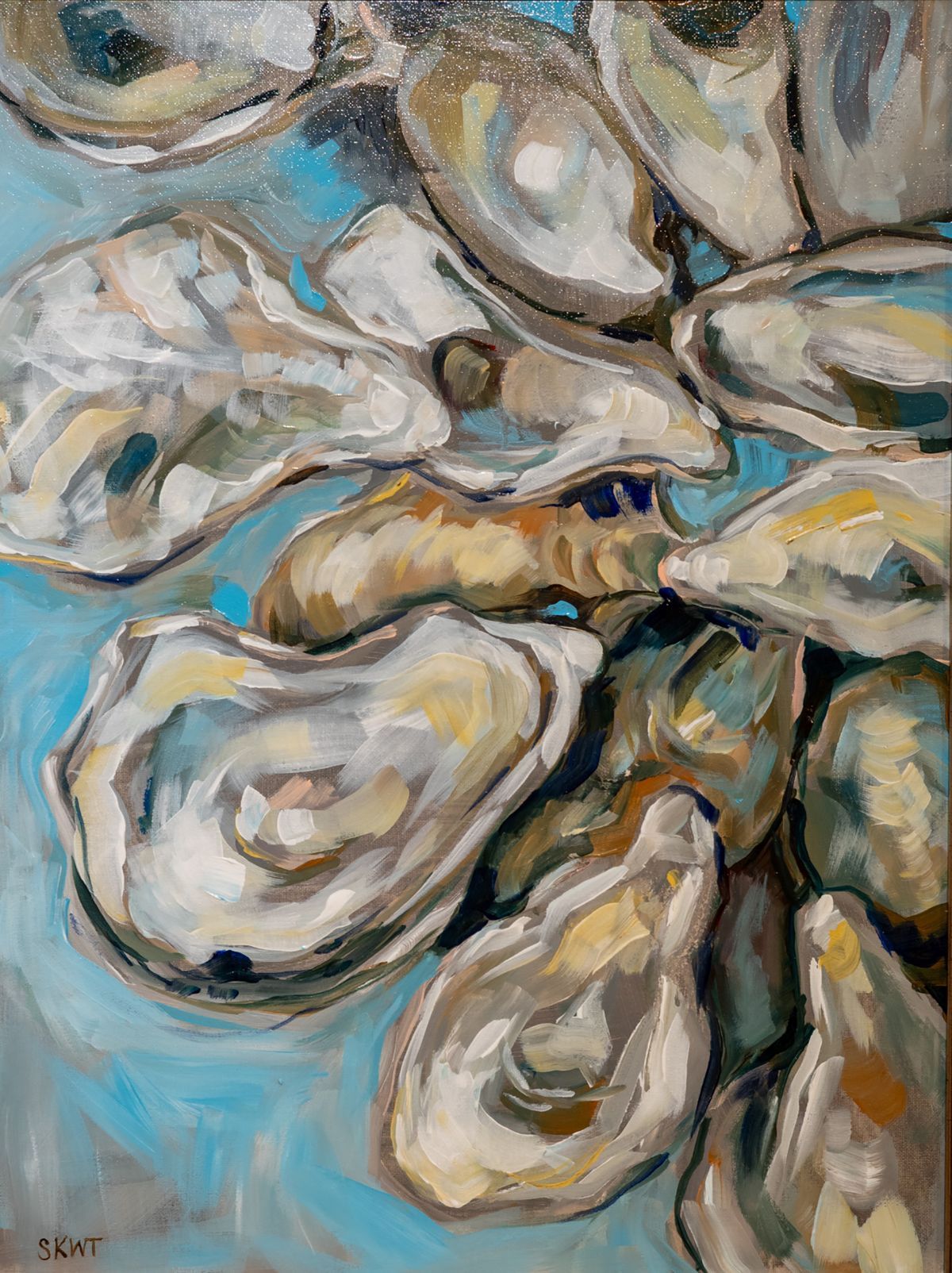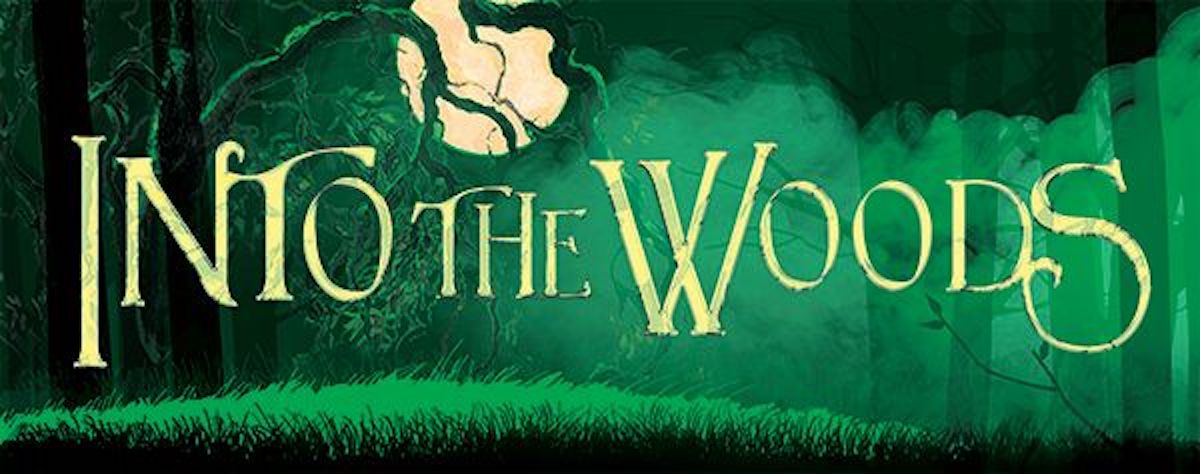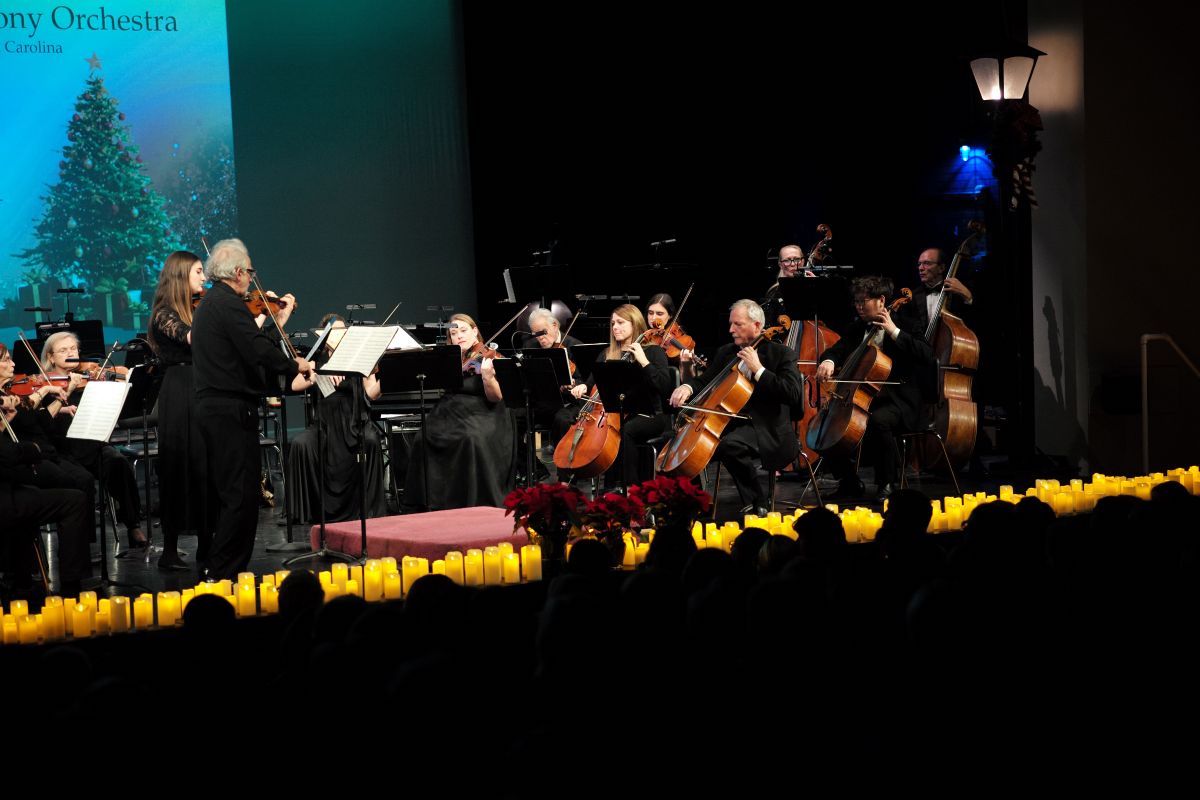By Alan Schuster
“The applause and bravos for the soprano Sondra Radvanovsky were so frenzied at the end of Donizetti’s “Roberto Devereux” at the Metropolitan Opera on Thursday night [March 24] that she looked overwhelmed, almost a little frightened. The audience knew it seemed that they had just witnessed an emotionally vulnerable and vocally daring performance, a milestone in the career of an essential artist.” Anthony Tommasini, NYT.
“Her clarion sound and remarkable breath control projected Elizabeth’s authority and venomous ferocity when thwarted…Her powerful voice can climb to vocal heights unheard of since Joan Sutherland, then drop to a hushed pianissimo with such ease that it can make one gasp.” Heidi Waleson, WSJ.
When the Met’s HD showing begins this Saturday (April 16th ) at Beaufort’s CPA, you can expect even more excellent performances from other cast members. “The superb tenor Matthew Polenzani excels in the title role, his lyrical elegance matched by youthful ardor. Mr. Polenzani conveys the character’s remnants of feisty rebellion and frustrated yearning in a compelling performance.” NYT. “As the unhappy Sarah, Elina Garanca practically stole the show. With her glowing, coppery mezzo and its powerful top notes, she made a touching, youthful foil for Elizabeth in their different ways of being distraught over the same man.” WSJ. “The baritone Mariusz Kwiecien, singing with virile sound and soaring lyricism, captures the confusions of the Duke, shattered by personal betrayal.” (NYT). Earlier this season, Kwiecien and Polenzani appeared together in a remarkable production of Bizet’s “The Pearl Fishers.” In both operas, they began as friends – but didn’t end up that way!
Gaetano Donizetti, who wrote 67 operas before his untimely death in 1848 at the age of 50, had a keen interest in writing about the lives of the British Tudors in the 16th century, particularly the “three Tudor queens.” And so, during a seven-year stretch, he premiered “Anna Bolena,” in 1830, followed by “Maria Stuarda” in 1834, and finally “Roberto Devereux” in 1837 at the Teatro San Carlo in Naples. Why name it Devereux and not Elizabetta? Possibly because 22 years earlier in the very same theatre, Gioachino Rossini had debuted an opera of his own this was received with great enthusiasm. The title? Elizabetta!
All three operas are considered to be amongst the most important works of the bel canto era which
prevailed in the early 19th century. Devereux in particular is considered to be one of Donizetti’s finest and most affecting operas and contains some of his best vocal writing.
The principal characters: Elisabetta, Queen of England; Roberto Devereux, Count of Essex; Duke of Nottingham; and Sarah, Dutchess of Nottingham. Time and place: London, 1601.
Act I: At Westminster, Roberto is threatened with arrest for treason in Ireland, but Elisabetta loves him and is determined to save him, giving him a ring that will guarantee his freedom. Unknown to the queen, however, Roberto is deeply in love with Sarah, who during his absence has been forced into a loveless union with his friend, Nottingham. Later, Roberto visits Sarah to say farewell, and entrusts her with Elisabetta’s ring, while she gives him a scarf in return.
Act II: The ministers of the queen are meeting to decide Roberto’s fate. They have searched his apartments and bring the queen the scarf. When Nottingham sees it, remembering that he has observed his wife working on it, he bursts into a jealous rage. Deeply offended at this apparent evidence of Roberto’s infidelity, the queen is furious and sends Roberto to the Tower.
Act III: Nottingham confronts Sarah, ordering her seclusion at home, thereby making it impossible for her to deliver the ring to Elisabetta. In the Tower, Roberto hopes he can restore Sarah’s reputation before he is executed. At Westminster, Elisabetta is miserable, wondering why she has not received the ring, wanting Roberto to be spared. As cannon shot announces Roberto’s execution, Sarah rushes in with the ring, followed by Nottingham, who declares he detained Sarah so that he might have his revenge. The queen orders their arrest and then, haunted by visions of Roberto’s ghost and her own demise, announces her abdication.
The starting time is 12:55 p. m. Tickets for all opera presentation are now available. All seats are general admission. Adults $20; OLLI members $18; Students $10. Order online at www.centerforthearts.com or by calling 843-521-4145. Box office opens at 11:30 a. m. USCB Center for the Arts is located at 801 Carteret Street, Beaufort, South Carolina.





